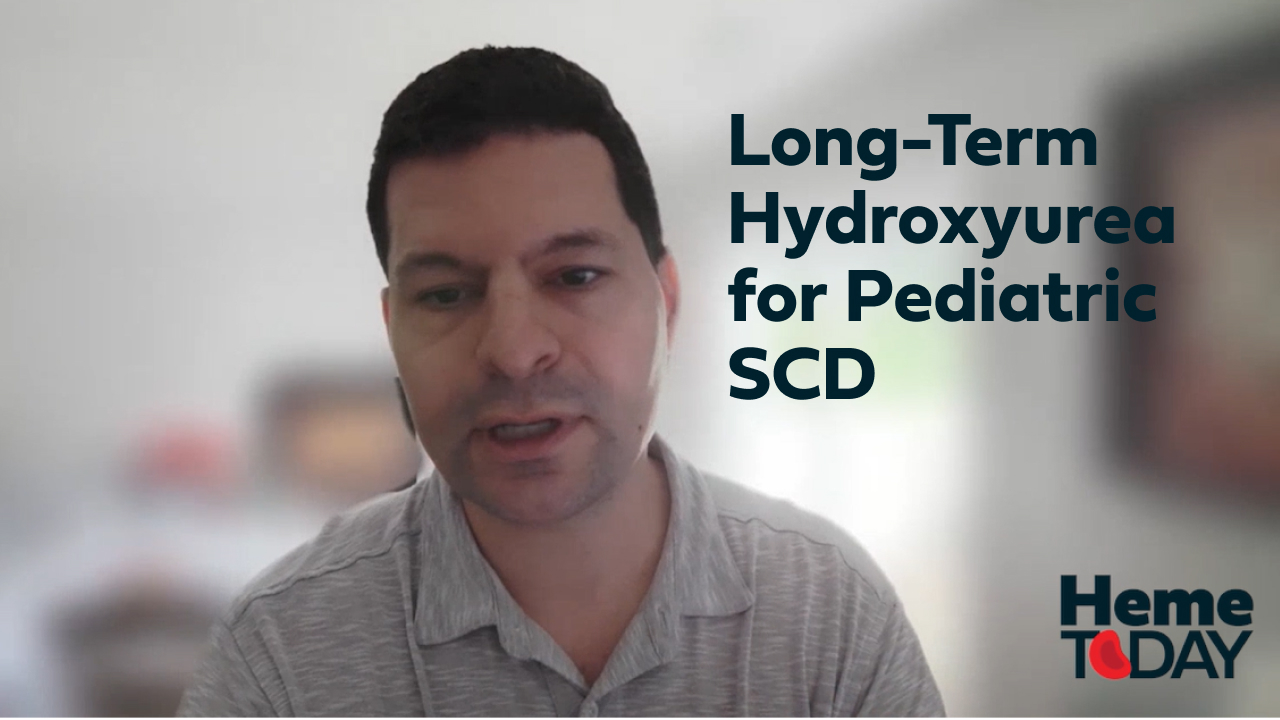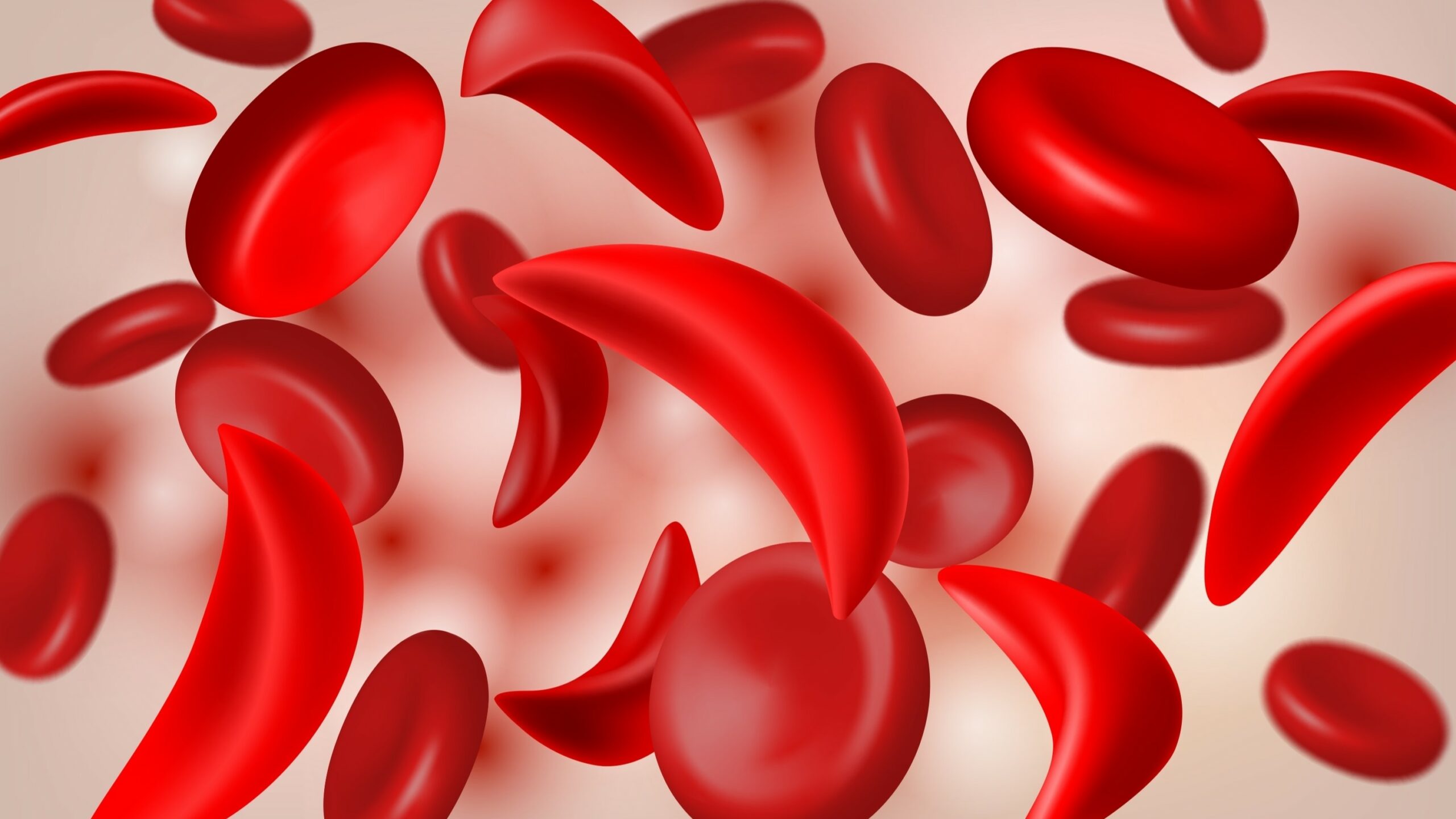
A phase Ib/II study of dose escalation of epoetin alfa combined with a stable dose of hydroxyurea to treat anemia in sickle cell disease (SCD) is underway. Initial data from this study were presented at the 66th American Society of Hematology Annual Meeting & Exposition in San Diego, California.
The study was conducted by a team of investigators from the College of Medicine University of Lagos, Lagos, Nigeria, and the University of Pittsburgh, Pittsburgh, Pennsylvania.
“Our preliminary results demonstrate the potential efficacy and safety of EPO [epoetin alfa] in combination with HU [hydroxyurea] to treat chronic anemia in SCD. Nearly all participants experienced a hemoglobin response with a relatively low-to-moderate dose of EPO,” wrote the investigators.
The multicenter, prospective, open-label study enrolled 15 adult patients with HbSS SCD and a screening hemoglobin concentration of 9.0 g/dL or lower, who were receiving stable-dose hydroxyurea and had no recent transfusions or treatment with voxelotor or erythropoiesis-stimulating agents (ESAs). All patients in the cohort were African or African American, and 60% were women. The cohort had a mean age of 28 years, a mean baseline hemoglobin concentration of 7.4 ± 1.3 g/dL, and a mean hydroxyurea dose of 1,303 mg daily. Patients’ hydroxyurea dosing was kept constant throughout the study.
The cohort was administered epoetin alfa, 10,000 units three times a week, and this dose was escalated by 10,000 units per dose every two weeks. It was increased to a maximum dose of 40,000 units three times a week or the minimal effective dose to maintain a hemoglobin concentration of 10 to 11 g/dL. Eight patients completed the study regimen, six were still in active treatment, and one withdrew before completion due to grade 4 serious adverse event (SAE), myelodysplastic syndrome, which was not related to epoetin alfa.
By week 12 of treatment, among the eight patients who completed the study regimen, 87.5% had a hemoglobin response of 1.0 g/dL or greater and a mean hemoglobin increase of 2.4 ± 1.3 g/dL. The mean weekly epoetin alfa dose for these patients was 17,222 units three times a week.
These eight patients also had decreases in lactate dehydrogenase and indirect bilirubin and slight increases in absolute reticulocyte count, mean corpuscular volume, and fetal hemoglobin. According to the investigators, this suggests that “concurrent EPO [epoetin alfa] treatment with HU [hydroxyurea] may reduce hemolysis and increase HbF [fetal hemoglobin] expression without significant reticulocytosis.”
Seven patients in the study experienced an AE, but none were associated with epoetin alfa. The most common AEs were decrease in neutrophil count in two patients and priapism in two patients. No patients in the study required acute care for vaso-occlusive events, and no patients had to adjust dose or discontinue treatment because of pain.
“Subsequent analyses will evaluate the effect of epoetin alfa therapy on transfusion burden and other clinical outcomes,” the investigators commented regarding the continuing study.
The investigators included an off-label disclosure that epoetin alfa is not currently approved by the FDA for anemia in patients with SCD.
Reference
Adeyemo TA, Kiriza N, Oluwole FT, et al. A phase 1b/2 study of the efficacy and safety of combination hydroxyurea and dose-escalated erythropoietin for treatment of anemia in sickle cell disease (ACHiEvE-SCD). Abstract #178. Presented at the 66th American Society of Hematology Annual Meeting and Exposition; December 7-10, 2024; San Diego, California.







 © 2025 Mashup Media, LLC, a Formedics Property. All Rights Reserved.
© 2025 Mashup Media, LLC, a Formedics Property. All Rights Reserved.